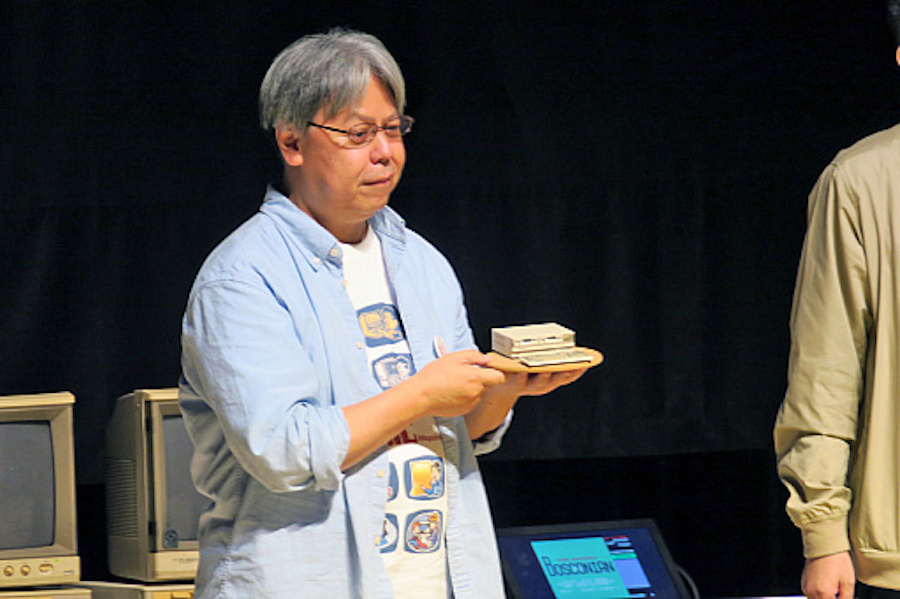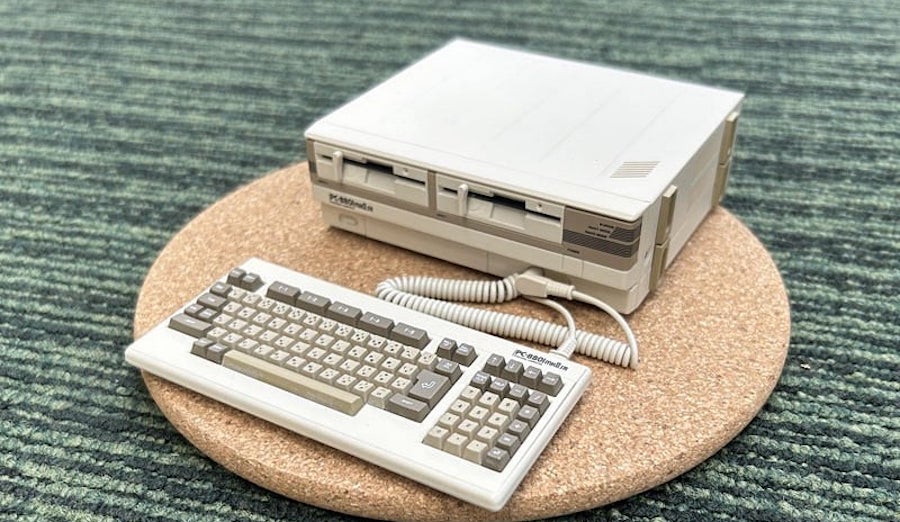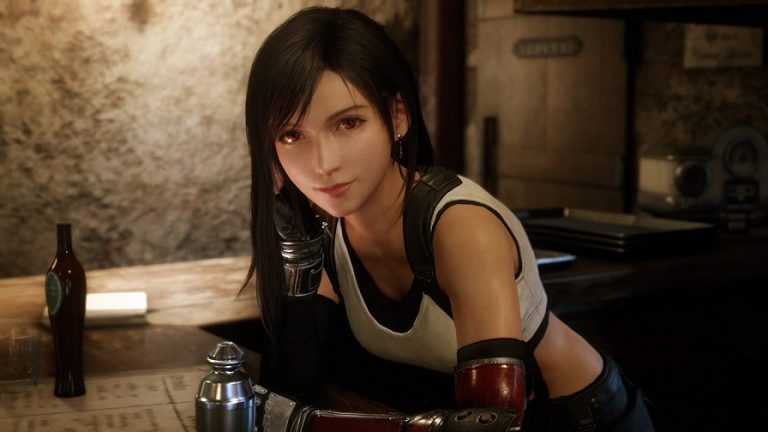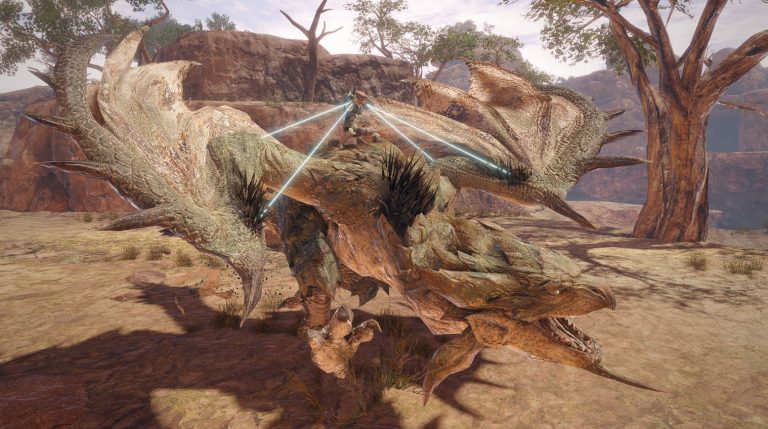Want to own a working piece of Japanese PC gaming history? Denpa Micromsoft and Hal Laboratory have just announced the release of a fully working, miniature version of the PC-8801 mkII SR (source: 4Gamer). Fitting in the palm of your hand, the PasocomMini PC-8801 mkII SR will let you program, run and play PC games like it’s 1985.
The PC-88 series of microcomputers debuted in 1981 and remained a popular gaming platform in Japan right through to the early 1990s. Many classic games appeared on the PC-88 including Hideo Kojima’s Snatcher, Irem’s horizontal shooter R-Type, classic puzzle game Sokoban, RPG Maker and long-running RPG series Ys. Consecutive versions of the PC-88 were released in Japan during the 1980s, with each new edition bringing improvements in terms of functionality, sound and graphics.

Hal Laboratory, best known for the Kirby series in the West, has previously issued mini versions of other retro computers from the 80s. The slogan for the PasocomMini line is “Cherish, make, run, play,” referring to how these palm-sized versions of beloved hardware are fully usable. Their reissue of the mz-80c (now sold out) was a quarter of the size of the original and featured SmileBASIC, so you could program like back in the day, an MZ-80emulator so you could run your programs, and a selection of then popular games to play. These mini computers are designed so that you can plug in full-sized keyboards and monitors to use with them. It seems that the development of the PasocomMini PC-8801 mkII SR was begun by Hal Laboratory and then continued by Denpa Micromsoft.
The features for the PasocomMini PC-8801 mkII SR have yet to be revealed but based on past miniature releases, we can expect that you will be able to write and run your own programs, as well as play games. The price and other details will be disclosed on August 8, 2024.






I hope they keep making those and selling them for enthusiasts who still wish to play them on modern HD Monitors and screens. PC-88 is of historical importance, and i would argue PC-98 is just as important as well.